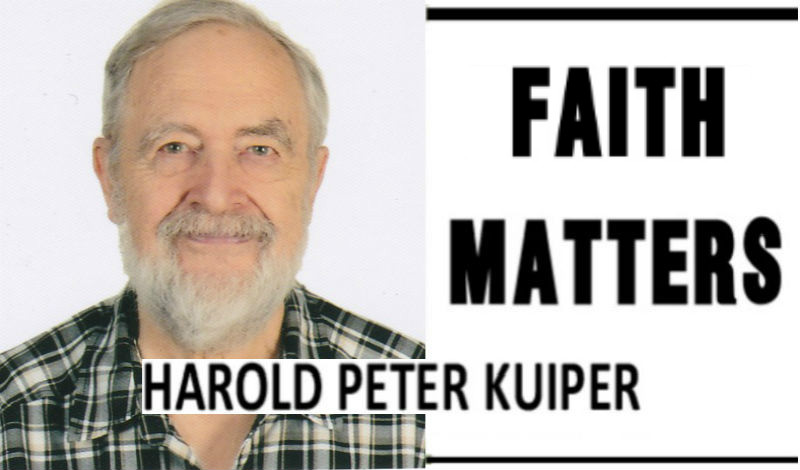Discussion participants: Phil. Prof Benedicio, the moderator; Fr. Henry, an Episcopalian,
with Deaconess Annabelle; and Pastor Cortez, with Pastor Jerome.
Benedicio: When I was doing graduate work in the States, I read a humorous book about life in a black congregation called “HALF CHRISTIANS.” There were lots of funny stories about how hypocritical and half-Christian the “Christians” saw other church members. It got me to thinking: Is it possible to be a half Christian? Is the Philippines a nation of merely nominal Christians, who say they believe in God, but don’t show it much in their lives? Our first speaker is evangelical Pastor Cortez.
Cortez: As I look around, I see a country where there is rampant corruption and family disintegration. It took 20 years for the road between Baguio and Bontoc to be finally paved, because of so much graft and theft. Corruption plagues the judicial system, severely delaying court proceedings, and has risen all the way to the Supreme Court. Although there’s no divorce, here, so it’s hard to measure, it’s plain that marriages are breaking apart all over the place, in part because parents are working overseas, but also because the “Christians” are not following Christ in their homes. So yes, while we have a reputation as nice, generally friendly and helpful people, we cannot call ourselves “Christian” on the whole. “Half-Christian”, maybe, because 80% are Catholic, and would say they believe in God. And with all due respect, Fr. Henry, in your tradition, doesn’t a person become a Christian just through being baptized, even as an infant, and could go through life thinking he or she’s OK with God?
Henry: First, I’d agree that saying one believes in God does not make one a Christian. The Bible says “The devils believe, and tremble.” Now in more liturgical traditions, yes, baptism and other sacraments, especially the Lord’s Supper, are essential for being Christian. But as I see it, one needs to walk with Christ as Lord, and not just think that using the sacraments and going to church, at least now and then, makes you a true Christian.
Pastor Jerome: Well, we were all raised as Anglicans. I never heard much preaching about the need to be “born again” or living a life of discipleship for Christ. That’s why later I left, and became an evangelical, yes a “born-againer.” We have many members who say they didn’t really find Christ in their Catholic or Anglican churches.
Annabelle: Well, for me, I have students at the seminary where I teach who had the opposite experience. The Christianity they grew up in was very one-dimensional, as reflected in the hymn, “Oh that will be, glory for me. . .” Their notion of being “saved” was just going to heaven, not hell after death. They said the worship was very repetitive, singing the rather boring and not very melodic songs over and over, and the service really being centered on the preacher. If the sermon was poor, it didn’t feel like they really worshipped. In our more liturgical churches, there is a feeling of being in touch with the greatness of church history. The Book of Common Prayer is really rich, with confession of sin, great creeds, and deep prayers, like “Almighty God, before whom every heart is open, all desires known and from whom no secrets are hid, cleanse the thoughts of our minds by the inspiration of thy Holy Spirit so we can worthily worship thee and glorify thy holy name.” The Book is shot through with Grace! And we use the great hymns of the historic Faith.
Cortez: So, how come such worship doesn’t seem to produce more people who are really living like disciples of Christ, SALT and LIGHT in the world?
Annabelle: Well, are your church members doing any better?
Benedicio: I think we’d better continue this next week!. . .













